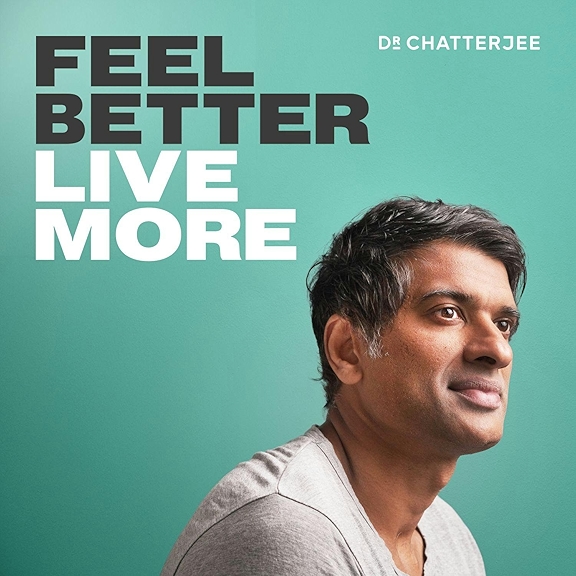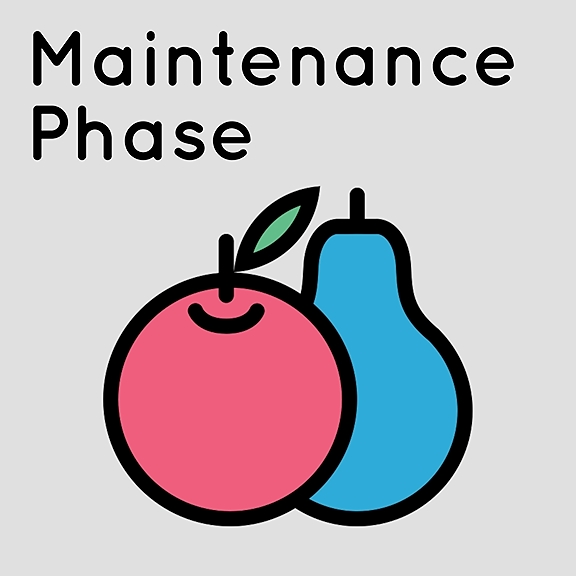
Arielle Nissenblatt On Learning, Geography, And How To Start A Podcast
Arielle talks about the journey of formal education in her life. She went from being more reserved and lacking confidence to finding her true passions and believing in herself more.
She opens up about being diagnosed with a nonverbal learning disability in her early years. This also lead to some traumatic memories of being removed from class for needing more help with math. Even though it’s meant to help, in her case, and probably most cases, it did more harm than good.
Through post-secondary education and entering the workplace, she was able to better connect with her passions in the real world and her confidence grew. One of these big passions was geography. The other one, was podcasting.
We talked about being a multi-passionate person and how it’s ok to have so many interests. We found out the extent of organization systems Arielle uses and some of her interests. She has many new passions from TikTok, to checking out new food, mapping, rollerblading, tennis, soccer, and of course anything new in the world of podcasting.
Like always, there were some awesome surprise tidbits in the conversation. We learned how she broke her elbow and her Apple Watch called 911. Arielle also shared that she is pretty much vegan, loves storytelling and is a geography expert. Arielle has an incredible mindset and approach to life. She is the absolute definition of a lifelong learner.
Memorable Quotes
“If you have an idea for a podcast. Awesome. Great. Think about why it should be a podcast first.”
“I Love Podcasts. When I started listening, I just became exposed to all of these new people and all of these new stories that I had not been aware of beforehand.”
“I am constantly challenged to come up with new ideas. I love marketing concepts and I love connecting with people about how to tell their stories.”
13 Things To Remember When You Start Your Podcast
- Know your why. Not just from a philosophical, motivational standpoint. Know why it should be a podcast. Could it be a different medium? What about podcast specifically do you think is valuable to tell this story, or share this information? Make sure it is best as a podcast, it can be easier to test YouTube, or blogs first to see if you want to keep investing time and energy into it.
- Decide on a format. Is it going to be you interviewing a guest; you and a co host interviewing; you and someone else having a conversation; a panel of guest; or a solo, scripted show; or perhaps a combination? Get some clarity on the format, template and structure of an episode.
- If it’s an interview show make a long list of the people you would want to interview and send as many pitch emails as possible. You will get no’s, but no’s lead to yes’s and everything happens for a reason.
- Continually and consistently put out content to continue to grow your show. Creating traction comes from consistency, so be sure to build systems that allow you to bank episodes and upload regularly. Create your show like a podcast assembly line.
- What investments can you make up front for the show that allow for you to focus on what you do best, or to make things more streamlined? For example, hiring an editor can free you up to be the talent on the show. But, this also depends on the style of your show. With a regular conversation, the editing work is not complex, keep it simple, clean up the sound a bit, remove a few awkward pauses and hit publish. If you have a very pre-scripted, polished and produced series, then the editing will take hours to complete. It’s all about knowing what your brand message is when it comes to the style of creative you are going for. But overall being aware of how much time, or money you have to invest in the show and the next best investment is valuable.
- Over communication with your listeners is valuable because clarity is key. As you grow an audience and want to build a community there is no room for confusion. Publish with a rhythm and cadence that is clear and people can easily understand. When can people find the latest episode? Will you be changing formats and how will your audience know? You want to build connection by being transparent and involving your audience. Let them know what you are doing. If the audio is a bit messed up in an episode, let them know up front. If you are bringing two guests on instead of one, or doing some solo rants, let them know. Communicate any new developments, or challenges with your audience.
- The audio quality must be stellar. It is really hard to get away with audio that doesn’t sound good. Whether this means practicing editing tools, or hiring someone to do it for you, ensuring audio quality doesn’t interfere with listening enjoyment should be a top priority.
- Choose a podcast hosting site. There are many, but use one of the popular ones because it will be straightforward, user friendly and keep up with the times. Simplecast, Buzzsprout, and Libsyn are the top three. This site will take your episode uploads and distribute them across all of the podcast players.
- Transcribe your audio for a few reasons. One, it makes your show accessible for those who have difficulty hearing. It also improves SEO and rankings because it adds an element to your product. You can also use the text version to create threads, or posts on your site and social media when it is already in written format.
- When it comes to marketing, utilize social media to share your show, but don’t worry about being on every platform, all day, everyday. If you don’t have the capacity when starting out, focus on creating great content on the podcast itself and then choose one platform to share to that makes the most sense for you based on your interests and skills. Also, create each of your micro content pieces so that they can stand on their own. Don’t just add links to your show. Test ways to share your small versions of your podcast in an entertaining way. You can also do giveaways, or reward people for making reviews and sharing.
- Strive to build a community around your brand and the podcast. Find ways to get your community to be a part of the show. Engage them by making them part of episodes, perhaps saying where they’re from and why they listen? Doing an episode with a listener, or having them choose topics are all good ways to get them even more involved.
- Making money with your podcast is a long game. In the first year you can certainly make some money back, perhaps break even. But in all likelihood you won’t be making a big profit. You can start making money with ads. One of the things you should do is learn to pitch brands, or collaborations that align with your listeners as well. Explain to them why your show would be the right fit for people wanting to buy what they have. You also could start to promote and provide your own products and services once you have a captive audience and realize how to help them.
- Continue, for the life of the show to do a few other things. From day one, build your reputation and personal brand as someone other people would want to collaborate with. Over time keep adding more and more partnership opportunities. Keep building your skills in the industry as well. Always maintain a mindset of analyzing costs-benefits for how and where you can make money, as well as what investments you can put into the show. What resources can you outsource, what revenue can you grow and what do you want to keep doing yourself? These things never stop growing and in fact will compound as you succeed with your podcast. Oh, and just keep learning!
Guest Bio
Arielle is a podcast producer, writer, speaker, business leader, marketer and community building specialist.
She absolutely loves podcasts and has been working in the podcast space for many years, holding many positions throughout the industry. She’s managed a podcast studio, consulted on projects for businesses and individuals, worked as an in-app curator, a marketing expert and consultant, speaker, and a community manager.
She founded EarBuds Podcast Collective in 2017. EarBuds is a weekly podcast recommendation engine that sends a newsletter with a theme and 5 podcast episodes on that theme, and each week is curated by a different person.
Currently, she manages the community team at SquadCast, the best remote recording software solution. She also produce short audio pieces on areas of life that interest her (and sometimes others) and a couple of podcasts herself.
Best Modern Mobile Recording Site: Squadcast
FOLLOW Arielle
LinkedIn - Arielle Nissenblatt
Twitter - @Arithisandthat
Website - Arielle Nissenblatt
FOLLOW JUSTIN (JustTries)
Website - JustTriesHOME
Instagram - @JustTries
YouTube - Just Tries
Twitter - @JustTries_
Tiktok - @justtries
Pinterest - JustTries
Facebook - Just Tries
CONNECT WITH JUST KEEP LEARNING
Website - JKLHOME
Instagram - @JustKeepLearning.Ca
Tiktok - @justkeeplearning.ca
Facebook - Just Keep Learning
Free Group - JKL Goal Setting Community
We appreciate you being here! Be sure to leave the podcast, “Just Keep Learning” ratings and reviews because it will help people who need it be better able to find it. Also, if you want a shoutout, simply share an image of the episode, you listening, or your takeaways and share it @JustTries anywhere on social!
Reach out anytime! Text your questions to JustTries at +1 (313) 710-5499
I'm so happy you found this podcast. I am here to serve you, the creative solopreneur & aspiring content creator to get clarity on how to create content, teaching, build a business and design the life of your dreams without burning out in the online learning, creator economy.
Want to get every single secret, tip, or idea I learn about channelling our emotions into success in this new creator economy, be sure to subscribe to the newsletter: https://newsletter.justkeeplearning.ca/main




















